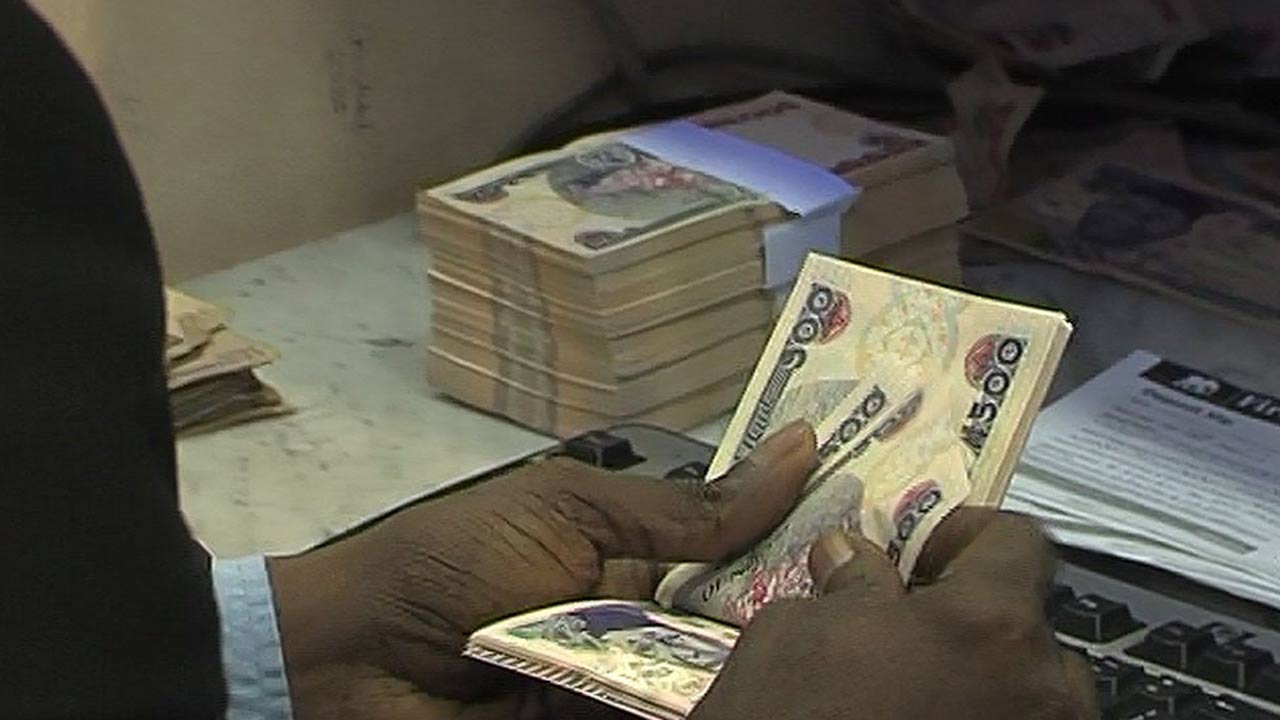NEWS
CBN’s Likely Next Steps As External Reserves Bounce Back To Pre-Buhari Levels

Data from the Central Bank of Nigeria as at August 28, 2017 reveals Nigeria’s external reserves stood tentatively at $31.8 billion, the highest since January 2015.
ValuesNigeria External reservesForeign Reserves Position01.31.201504.30.201507.31.201510.31.201501.31.201604.30.201607.31.201610.31.201601.31.201704.30.201707.31.201722.5k25k27.5k30k32.5k35kNairametrics/CBN06.30.2016● Foreign Reserves Position: 26 505.5
Nigeria’s external reserve has staged a rebound since early 2017 after hitting a post election low of about $23.6 billion back in October 31, 2016 (using adjusted data). The external reserves dropped below $30 billion in February, 2015, just before the 2015 General elections. Since then, its been downhill as Nigeria grappled with a combination of drop in crude oil prices, incessant militant attacks and a massive capital flight.
This triggered two devaluation of the naira and a return to capital controls by the CBN led, Godwin Emefiele. The much criticized forex policies are often blamed for leading Nigeria into a recession as the government balked for about a year against further devaluations following the election of Buhari.
However, as agitations grew locally and abroad, the CBN eventually introduced a flexible exchange rate policy that was eventually jettisoned shortly after. This will send the reserves to below $25 billion and the exchange rate at the black market hitting record lows.
Things however began to improve as OPEC members agreed to an output cut that excluded Nigeria and Libya. Nigeria also changed its Niger Delta strategy, preferring dialogue to vile threats. As attacks dissipated and OPEC cuts came into enforcement, crude oil output rose and exports increased leading to a rise in Nigeria’s external reserves.
What’s next
The first decision the CBN took at the tail end of the third quarter when it seemed the economy was turning around was to introduce the Investor/Exporter FX windows. This encouraged more inflow of forex into the economy as foreign investors regained confidence in the handling of our forex situation. As reserves build up, the CBN will likely shift focus to private sector economic growth and relax more capital controls.
Nigerians still can’t process transactions with their local Naira debit cards as they used to and banks still place limits to the amount of forex that can be transferred from local domiciliary accounts. We expect the CBN to at some point relax some of these restrictions in favour of stimulating private sector led economic growth. The 41 banned items list is till in force even though some items have already been taken out. Relaxing some of the strict capital controls currently in force should help stimulate the local markets, especially in the area of external trade which has suffered from tough restrictions on purchase of forex.
The CBN is also likely to loosen its tight monetary policy stands by lowering its benchmark MPR and by extension its juicy treasury bills rates. The CBN has mopped up trillions from the economy via open market operations as it pursued a policy of stifling the conundrum of having too many naira chasing few dollars. It is very likely that this policy will be reduced by the fourth quarter of this year.
It is also likely, though by a long shot, that the CBN could consider allowing some of the provisions of the Flexible Exchange Rate policy, announced in June 2016 to come in force. For example, it could further extend activities in the Investor/Exporter window to the window created for imported of critical items, business and personal travelers etc., effectively collapsing the windows and floating the naira. A strong external reserves could help this course especially if the rewards clearly indicate that it would lead to more capital inflow and a higher external reserves.
With one eye at 2019, events leading up to the election in 2018 will determine if the external reserves will ever climb back to $40 billion which we last touched in January 2014.





























